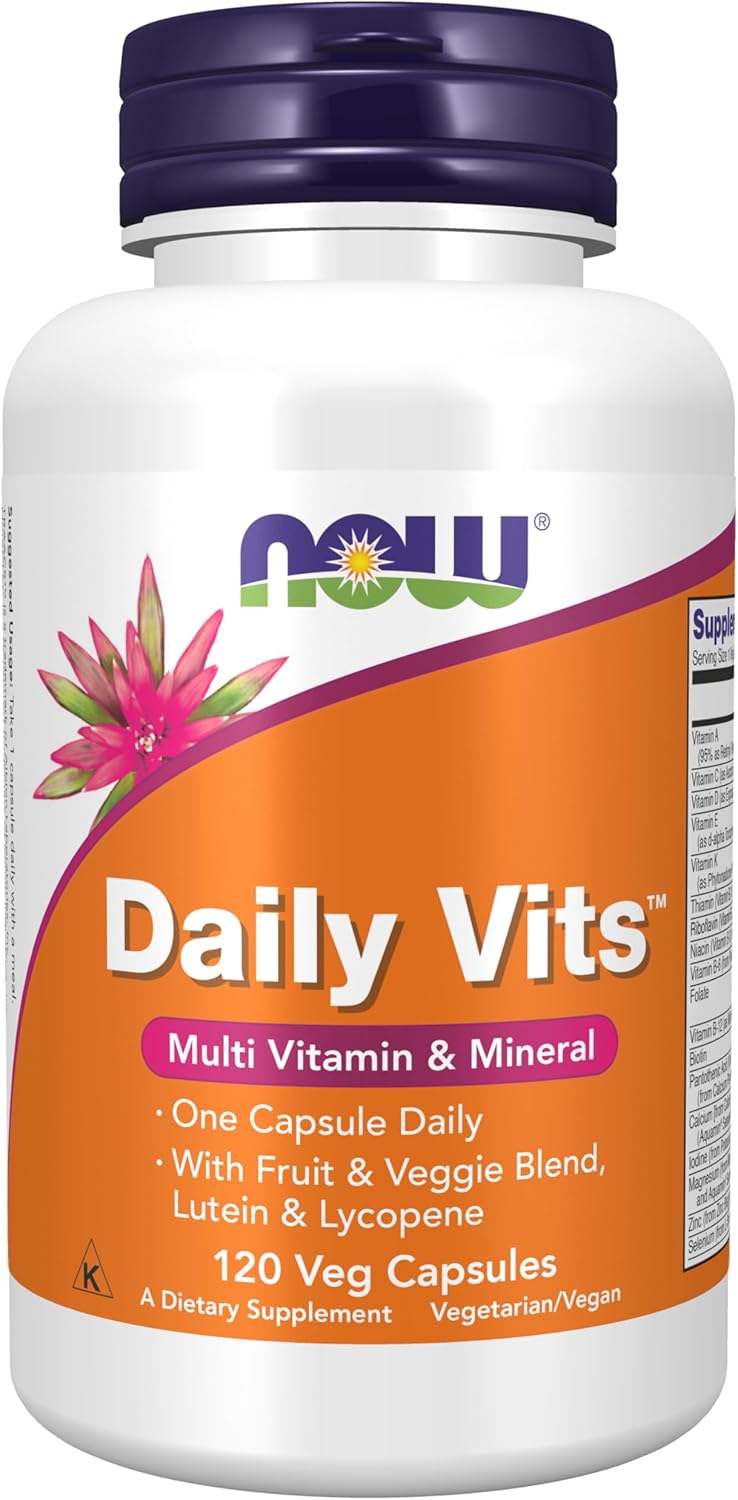Can you take Betaine and Betaine Hydrochloride together?
Interaction Details
Taking Betaine and Betaine Hydrochloride together has the potential for great synergy, suggesting a rating of 5 out of 5.
Explanation of Synergy: Betaine (trimethylglycine) and Betaine Hydrochloride are closely related compounds, with the latter being a hydrochloric acid salt of the former. The primary synergy arises from their complementary roles in digestion and nutrient absorption. Betaine Hydrochloride supplements stomach acid, which can enhance the digestion and subsequent absorption of nutrients, including Betaine. Improved stomach acidity can activate digestive enzymes, facilitating the breakdown of food and the release of Betaine from protein sources. Once absorbed, Betaine contributes to various bodily functions, such as methylation, homocysteine reduction, and liver health. The increased bioavailability of Betaine due to enhanced stomach acidity from Betaine Hydrochloride creates a synergistic loop, maximizing the efficacy of both supplements. This combination is particularly beneficial for individuals with low stomach acid, as it ensures optimal Betaine utilization.
Potential Benefits
Betaine
Betaine is a naturally occurring compound found in various foods, also known as trimethylglycine, which plays a crucial role in methylation processes and serves as a methyl donor in the conversion of homocysteine to methionine.
Betaine Hydrochloride
Betaine Hydrochloride is a supplement form of betaine, a naturally occurring compound found in various foods, that helps maintain the health of the digestive system and supports the body's natural stomach acid production.
